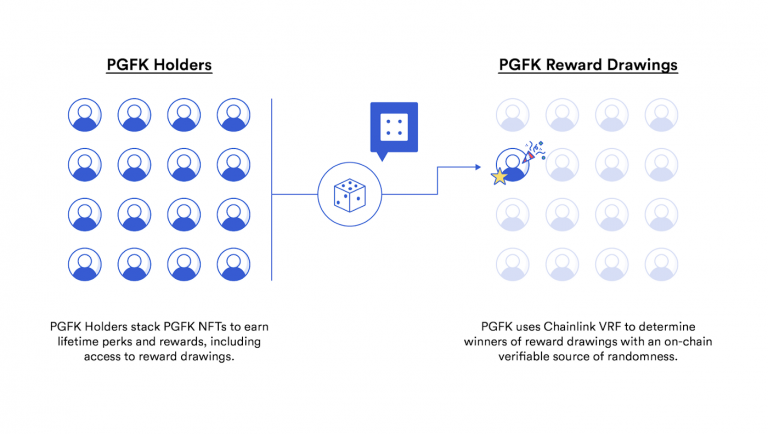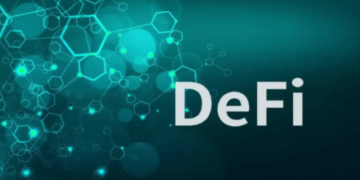The technological capabilities of the LINK token are insane, the latest Chainlink news show. In fact, they are in-demand this year as the coin is rising and posting new yearly highs. The Chainlink oracles will power NFT-based blockchain games on Polyient Games, as the latest updates show.
Thanks to the scalable smart contracts, oracles, and verifiable randomness function (VRF) features, the Chainlink oracles will rise and be used on this gaming platform. The announcement came on June 29, when the firm (which is a venture fund and development lab dedicated to non-fungible token based blockchain games) said that it will use the Chainlink oracles and blockchain to power various features of the broader Polyient Games ecosystem.
NFT-focused @PolyientGames is integrating #ChainlinkVRF to assure transparency for the minting and random distribution of PGFK rewards—a membership #NFT that provides lifetime rewards & perks to holders within the Polyient Games Ecosystem. https://t.co/6LuiTyvuYV
— Chainlink – Official Channel (@chainlink) June 29, 2020
Additionally, what we can see is that the Chainlink oracles will be used as part of the Founder’s Keys (PGFKs) which is an upcoming membership NFT that will provide lifetime rewards and perks to holders in the Polyient Games Ecosystem.
In this manner, VRFs will be used to randomize the distribution of exclusive NFTs and various other rewards for PGFK holders, as mentioned in the release.

Polyient also said that the project and its “deep industry expertise” made it ideal to as the firm explores various capabilities and works towards bolstering the NFTs for mainstream investors and consumers.
The faith of Polyient is not unplaced. In the blockchain news, we could see that Chainlink was recognized by the World Economic Forum (WEF) as one of the top 50 tech pioneers in 2020 due to its impressive work in blockchains, smart contracts and decentralization.
In the release, we can see that the Chainlink VRFs will power chance based rewards for all users who “stack” on PGFKs, based on the amount of NFTs that are held in their respective wallets. If you are unfamiliar with these, VRFs are basically a “truly random” way to determine rewards among users.
“Well made systems relying on randomness would ideally want it to be both provably fair/equally uncertain to all contract participants, while also successfully reducing the risk that an adversary could exploit their contract by predicting its outcomes,” the Chainlink blog details.
DC Forecasts is a leader in many crypto news categories, striving for the highest journalistic standards and abiding by a strict set of editorial policies. If you are interested to offer your expertise or contribute to our news website, feel free to contact us at [email protected]





















Discussion about this post